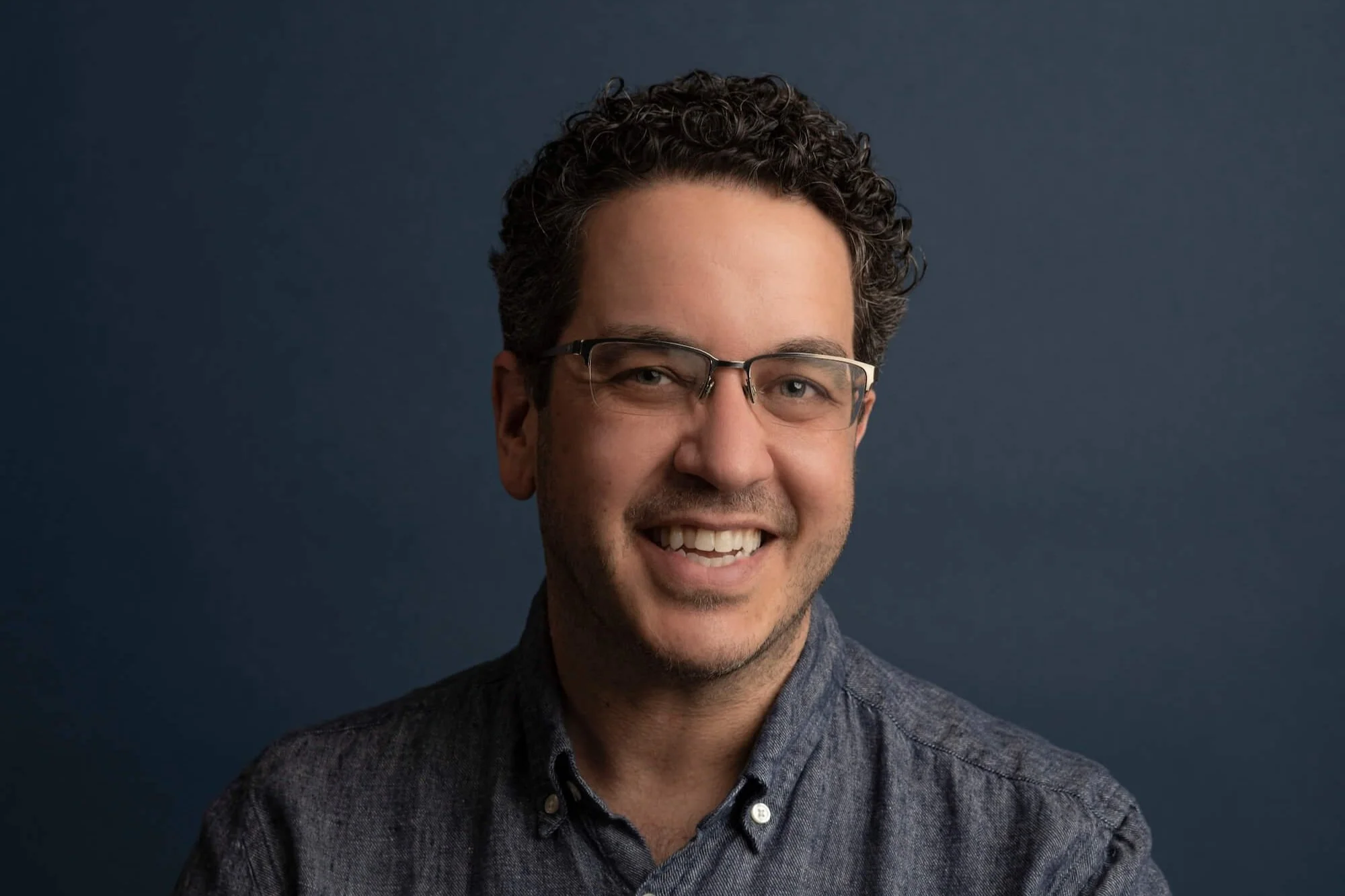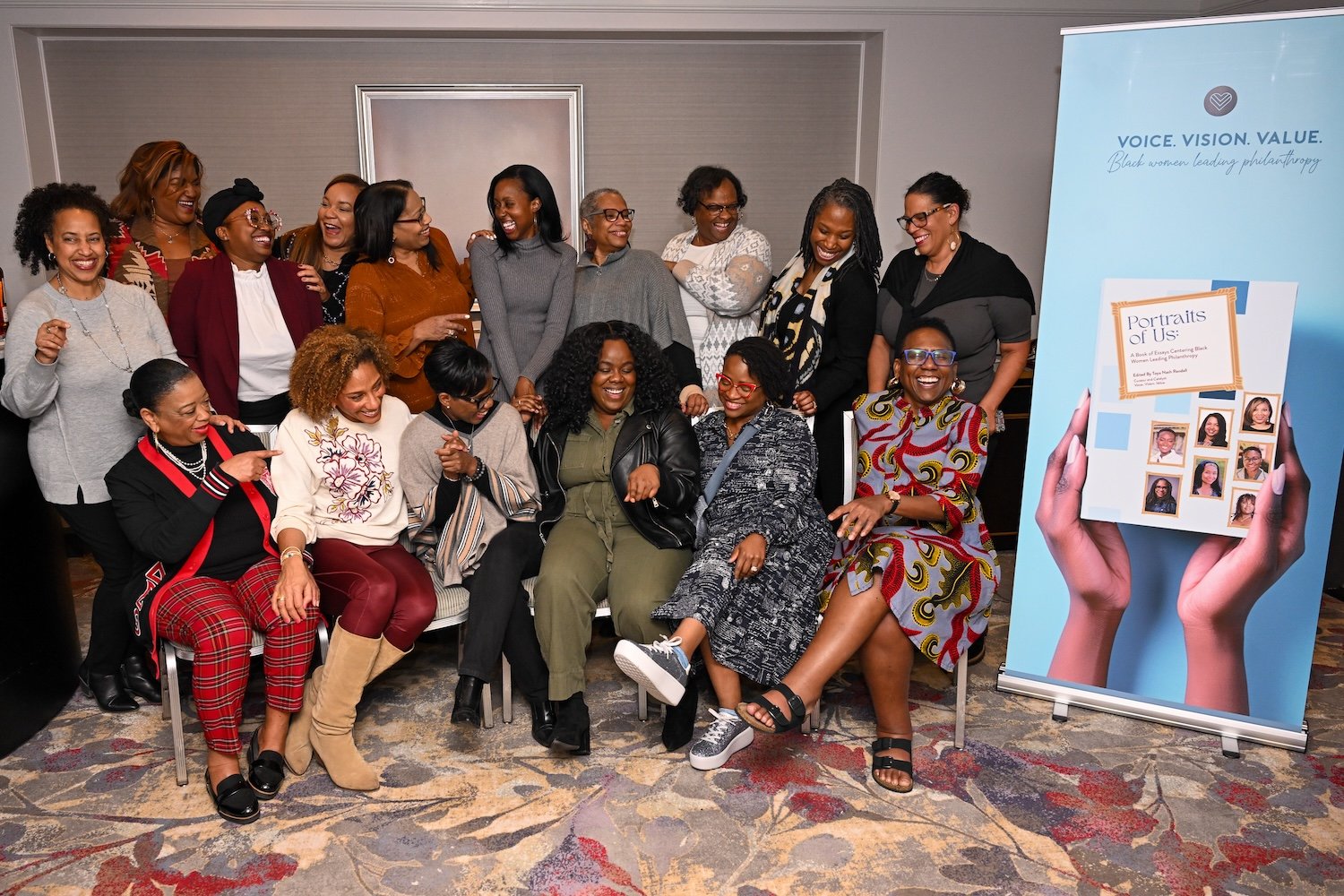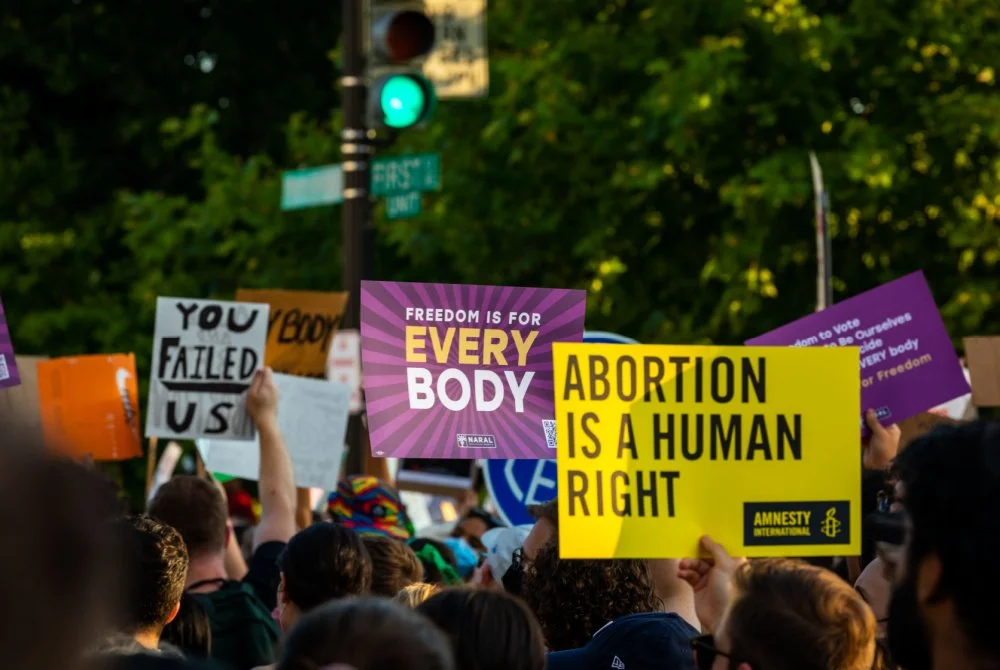In a Fearful Moment, This Growing Fund Channels Muslim American Philanthropy
/Photo: a Katz/shutterstock
If there’s a time for philanthropy to pay attention to America’s Muslim community, that time is now. Under fire from the Trump administration and the right-wing press, American Muslims are eager to push back against caricatures and intolerance and support each other on the ground. The Pillars Fund is one grantmaker that’s been leading the charge from within the Muslim community.
Founded several years ago, Pillars originates from conversations between Kashif Shaikh and several other American Muslims interested in philanthropy. A veteran of Chicago’s philanthropic sector with previous stints at the McCormick Foundation and the Chicago United Way, Shaikh spent his early career in an environment where American Muslims simply weren’t at the table. “[We] haven’t been on the radar, except in unfortunate circumstances,” he says. “Foundations weren’t explicitly looking at working with Muslims because the topic was too loaded and cumbersome.”
But it’s not that funders didn’t want to back American Muslims. According to Shaikh, they just didn't know how. Making those connections is one reason why Shaikh decided to found Pillars in 2010, along with a group of well-heeled donors.
Pillars started off with a giving circle model as a donor-advised fund at the Chicago Community Trust. From those humble beginnings, it has grown into one of the nation’s largest funders of Muslim issues. Unfortunately, despite an estimated 3.3 million Muslims in America, this is still an underfunded space.
But Shaikh is optimistic. Five years after its founding, Pillars’ funding base grew to over 25 donors contributing an average of $35,000 a year. Eighteen months ago, Pillars made the transition from its former home at the Chicago Community Trust to its current status an independent entity—although Pillars maintains a partnership with the Trust.
Shaikh attributes Pillars’ success to the fact that it’s tailored to a specific American community. On the giving end, wealthy donors—many of them fairly young—identify Pillars as a credible place to go when they want to give to their own community. On the receiving side, tiny nonprofits serving American Muslims can approach a grantmaker that understands where they’re coming from.
Pillars has always striven keep small nonprofits afloat, and that work continues through its Community Infrastructure Fund. Until August 15, Pillars is accepting letters of inquiry from interested (non-religious) organizations. Says Shaikh, “Most organizations working with the Muslim community are really small, and they don't have the capacity to have conversations with the big funders.”
But in recent years, Shaikh has dedicated his time to another major component of Pillars’ work, culture change. It’s a story we’re seeing a lot of lately, both in response to Trump-era politics and from major initiatives that predate his rise to the presidency. Liberal funders and funders associated with minority communities are investing directly in projects that allow those communities to tell their own stories and set the record straight.
The Pillars Fund has given $2 million in grants since 2010, including to culture change projects. They include comedian Aasif Mandvi’s web series Halal in the Family and partnerships with media organizations like Vox and USA Today. Pillars is also interested in working with national funders like Unbound Philanthropy and nonprofits like Define American, which are dedicating resources to cultural initiatives that they hope will shift how groups like Muslims and immigrants are perceived.
Related:
Who’s Sticking Up for Muslim Americans At a Very Scary Moment?
This Funder is Laser-Focused on Immigration. Have You Heard of It?
The exciting thing, according to Shaikh, is that there’s also been a lot more buy-in from top funders like Kellogg, Ford, the Open Society Foundations, and the Nathan Cummings Foundation. All four have chosen to partner with Pillars, and Ford recently threw in a particularly large grant. As the Trump administration continues insisting on versions of its Muslim ban, Pillars has become an “on-the ground voice for foundations that are starting to get interested in engaging with American Muslims.”
Kellogg, for its part, provided the seed grant that let Shaikh launch Pillars as an independent organization. We’ve written about WKKF’s broad, ongoing initiatives to pursue racial healing, and it seems like Muslim Americans are now part of that story. In addition, the same group of funders (plus Unbound Philanthropy, the JPB Foundation, and the General Service Foundation) has just announced the first round of grants in its Pop Culture Collaborative, an initiative to promote “authentic, just narratives about people of color, immigrants, refugees and Muslims in the media.”
At the same time, there’s been a post-election surge in immigrant and race-focused community giving (including to benefit Muslim communities) from funders like the Brooklyn Community Foundation and the Midwest’s Bush Foundation. Lots going on here.
While Shaikh is quick to point to the philanthropic dry well Muslim communities faced for many years, there have been exceptions. Prior to Trump’s election, modest giving from places like Ford, the Proteus Fund, the El-Hibri Foundation, the California Community Foundation, the Silicon Valley Community Foundation, and the Arthur Vining Davis Foundation supported anti-bigotry efforts. That sort of giving skyrocketed, as we’ve seen, in the wake of 2016. As big funders continue to sign on, Pillars is ready to help them find their way around a community that’s too often misunderstood.
Related:







































